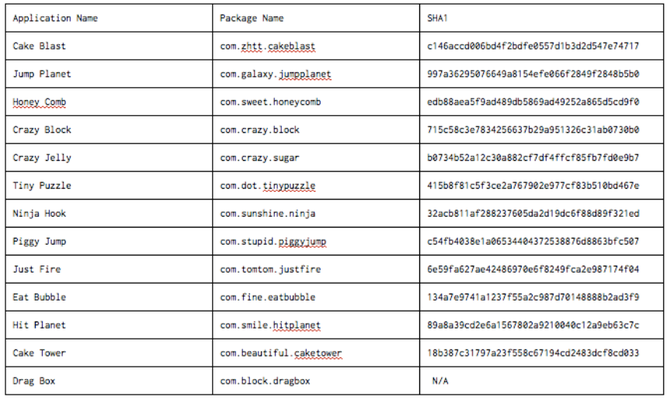The Thirteen apps we are talking about have been removed from the Google Play Store as they belonged to Brain Test’s chain of malware. Yes, that’s true. Have you ever faced any malware activity on your Android Smartphone? Also Read: How to Hack Any Android Game Money with GameKiller If yes, you might have installed a malware-based application on your phone, but you should know that Google Play Store hasstrict restrictions on the supply of Applications to its users. And your device has installed that application from an open-source service, which means you have installed a malware-based Application, which causes your machine to misbehave.
These 13 Apps Removed From Google Play Store Because They Contained Malware
The applications were harmless for users using Google Play Store but for the Android operating system users? It’s harmful if they install any malware applications, but it could potentially severely damage the devices. Installed on your Android device, these types of malicious software will attempt to obtain root permissions. Moreover, these types of malware contribute to installing other apps on the device infected unbeknown to its owner. Also Read: How to Theme Android Apps Anyway You Want Since the 13 apps were also quite appealing, it must have been hard to find Android users who would install them. Moreover, the apps will infect your system and in a bad way, they, will create positive reviews on Google Play Store to convince users to install them. When these types of malware were discovered, they were also about to install other applications on a smartphone that could cause massive damage to the devices. In the chart, you can find the names of the 13 infected apps removed from the Play Store; make sure you have not installed them on your device! Also Read: How To Install Kali Linux On Any Android Behind the creation of this malicious software are hidden economic reasons; hackers behind the project Brain Trust sell a guaranteed number of installations of applications for developers. Therefore, malware creating these hackers can meet the promises made to developers and earn quite a lot of money. Suffice it to say that some of these applications have had up to 500,000 installations, so be careful!



